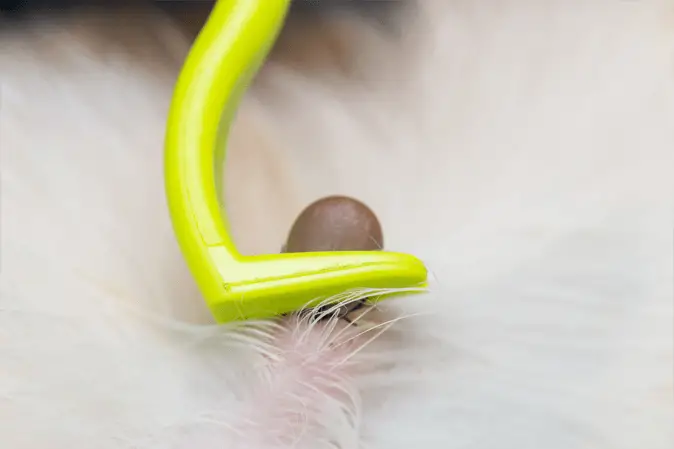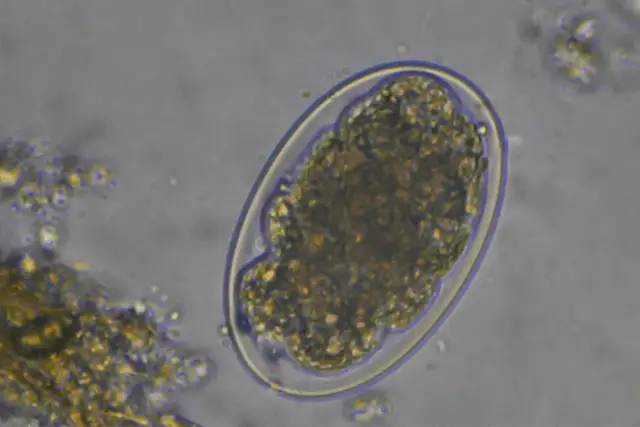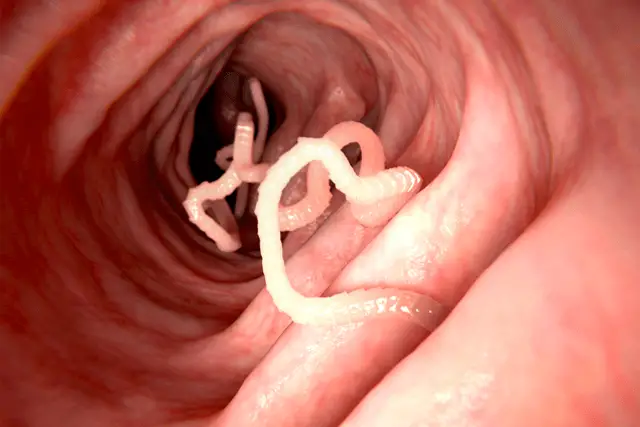Parasites in Dogs - Owner's guide
13.03.2021.
Dog parasites are a nuisance for our dogs. They can be rather dangerous, and no matter what type of parasite infects your dog, they will undoubtedly have a negative impact on their health. Dog owners should know how to take care of different parasites. Some will require a vet’s assistance, but some parasites we can exterminate at home. Here is what all dog owners should know about dealing with parasites.
CDC sums up parasites pretty well. They defined them as “An organism that lives on or in a host organism and gets its food from or at the expense of its host.” We cannot tolerate that, and responsible dog owners should intervene for the sake of their dog’s health.
Types of dog parasites
Dog parasites can take many forms, and they all have different effects on the dog’s health. Some can even cross species and infected us. We must know how to handle them and help our dogs get better as soon as possible. Here are three main types of parasites dog owners should know about;
- Internal - Heartworms
- External - Ticks, fleas, mites, lice
- Intestinal - Roundworms, hookworms, tapeworms, ringworms, whipworms, coccidia, giardia, and spirochete
Internal parasites in dogs
Heartworm is a nasty parasite that can have a terrible impact on the dog’s health. Dogs can get them if infected mosquitos bite them and transfer the parasites into the dog’s bloodstream. These parasites will travel through the bloodstream until they reach the dog’s heart. They will stop there and can reach the stunning size of one foot. If left untreated, heartworms can be deadly. You can read more about heartworms here.
External dog parasites
External dog parasites cause different health issues. They can transmit dangerous diseases like Rocky Mountain spotted fever and Lyme disease. Luckily, they are somewhat easier to spot, and if prompt action is taken, severe health impacts can be avoided.
Ticks
Ticks are tiny parasites from the arachnid family (spiders) that feed on their host’s blood. There are more than 800 species of them, and they carry dangerous diseases. Dog owners should check their dogs regularly for tick bites, especially if they live in warm, humid climates and they take their dogs for walks through woods and fields. If you want to know what to do about ticks, check out this article - How to spot tick bites?

Fleas
Fleas are one of the parasites that can affect humans and dogs. They make dogs miserable, and these dog parasites can make the dog scratch like crazy. You must remove them from your dog as soon as possible. These dog parasites can be removed with medicine and with different dog flea shampoos. However, removing them from the dog is just the first step. Make sure you clean all surfaces in your home with flea-killing cleaning supplies. If you want to know more about fleas, check out this article - How to get rid of fleas.
Mites and lice
Mites and lice are dog parasites that feed on the dog’s skin. They cause two types of diseases, depending on what type of mites infected the dog. The diseases are sarcoptic mange and Demodex mange. Although mites and lice are two different species, they operate the same way. For more information about dog mites, check out this article - Mites in dogs.
Intestinal dog parasites
As their name suggests, intestinal parasites live in the dog’s gastrointestinal tract. They cause all sorts of health issues, and if left untreated, these dog parasites can be deadly. The most common intestinal parasites are;
Ringworms
Ringworm’s name is a bit misleading. They are not a worm - they are fungus. Puppies are especially prone to these parasites in dogs, and their developing immune systems cannot fight them off easily. Adult dogs with compromised immune systems are at risk as well. Luckily, ringworms can be exterminated by using specialized dog shampoos or oral medications.
Hookworms
Hookworms are one of the first parasites newborn puppies get infected with. They get this dog parasite from their mothers while they are still nursing. Adult dogs can get infected by ingesting the worm’s larvae that live in the ground. These parasites in dogs attach themselves to the lining of their digestive system and feed on the dog’s blood.

Roundworms
Roundworm is a common dog parasite that mostly affects puppies. This parasite in dogs looks like “white, firm, rounded strips of spaghetti,” and it can grow up to three inches in length. This dog parasite can affect dogs and people, so make sure your dog is protected at all times. You can always ask your vet for advice on how to protect your dog from roundworms.
Whipworms
A dog can get infected by a whipworm after they get in contact with the whipworm-contaminated ground. This dog parasite lives in the dog’s large intestine and is pretty hard to discover by analyzing stool samples. The main symptom of whipworm infection is weight loss. This dog parasite is rarely deadly, but the dog should be treated with a dog dewormer. If you don’t know what a dewormer is, check out this article - Best dog dewormers.
Tapeworms
Tapeworms are usually transmitted by another dog parasite - adult flea. If a dog gets a flea infestation, they are likely to scratch and bite the area that itches them. If the dog accidentally swallows a tapeworm-carrying adult flea, the worm parasite will enter the dog’s digestive system, where it will stay. Luckily, there are effective drugs vets will prescribe to the dog.

Coccidia, Giardia, and Spirochetes
These dog parasites are not worms but rather parasitic organisms that can cause all sorts of health problems. The best way to protect your dog from these parasites is to keep their environment clean. Make sure they don’t ingest things like feces, dirty water, soil, contaminated food, or animal carcasses. Spirochetes live in the dog’s bloodstream and can cause different diseases like Lyme disease or dog syphilis. If you want to know more about giardia in dogs, click here, and if you want to learn more about coccidia in dogs, click here.
World Dog Finder team







Share